
Katherine H. Adams wrote “Jesuit Rhetoric and the Teaching of Professional Discourse in America” for inclusion in Traditions of Eloquence: The Jesuits and Rhetorical Studies (Fordham Press). She also will publish two scholarly monographs: An Unprecedented Portrayal: Women, Art, and the New Deal, on the role of women in Federal Project Number One, a New Deal initiative, and In Short: Winifred Black (aka Annie Laurie) and the Making of Modern Nonfiction, a study of the journalist Winifred Black (both from McFarland Press). She currently is researching Jesuit rhetorical traditions and beginning a study of paper dolls.
“This year I really enjoyed reading Anthony Doerr's All the Light We Cannot See, which won the Pulitzer Prize for Fiction. This story of a young French woman and German man at the end of World War II creatively reveals the power of individual choice even in the worst of circumstances.”
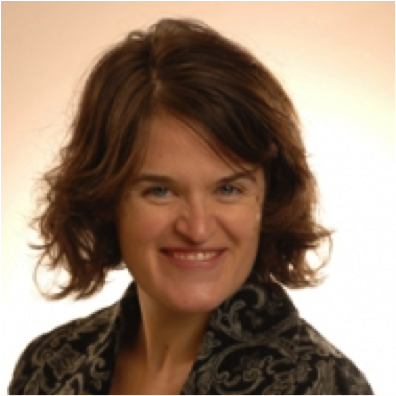
Sarah Allison is spending this summer writing a book, Reductive Reading, which connects how Victorians read to the way we read now. This past year, with the support of a Loyola Undergraduate Collaborative Scholarship grant, she worked with sophomore English major Meredith Faulkner on an article called "Speech in Print," a statistical study of character dialogue across 220 nineteenth-century novels.
“I recommend Jane Austen's Pride and Prejudice, especially if you've read it before. If you haven't, keep an eye on the charming Mr. Wickham. [BONUS rec: William Shakespeare's Hamlet, which starts with ear-poisoning and gets weirder. Read it, watch it, roll with it: an annotated edition is good, and don't miss the part where Hamlet produces a play of the play within the play.]”

John Biguenet has two books coming out in the fall, The Rising Water Trilogy and Silence. His play in heroic couplets, Broomstick, goes on to yet another production, this time at Artists Repertory Theatre in Portland, Oregon. He recommends Cronopios and Famas by Julio Cortazar:
“Julio Cortazar is buried in Montparnasse in Paris. His grave is covered with a black granite slab on which fans leave notes to the great Argentine writer, each weighed down with a white stone. One afternoon, I opened one of the notes, which read, heartbreakingly, ‘Julio, make him love me.’ Cortazar’s Cronopios and Famas, with its instructions on how to be afraid and other useful tips about ‘Unusual Occupations’ and ‘Unstable Stuff,’ helps to explain his readers’ affection for him.”
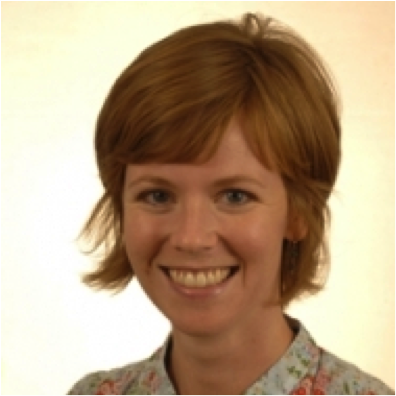
Hillary Eklund’s new book, Literature and Moral Economy in the Early Modern Atlantic: Elegant Sufficiencies, explores the intersection of cultural attitudes and material practices that shape the acquisition, circulation, and consumption of resources at the turn of the seventeenth century. Dr. Eklund also has an essay coming out later this summer on teaching Edmund Spenser’s Faerie Queene in post-Katrina New Orleans.
“I recommend Mikhail Bulgakov’s The Master and Margarita. This incredibly funny novel about the devil’s visit to Moscow in the 1930s changed everything I thought I knew about history, faith, and literature. And it made me wish I could drink vodka and play chess with a talking cat.”

Barbara Ewell is working on two co-edited anthologies: Sweet Spots: Interstitiality in New Orleans and Anthology of Hispanic American Thought and Culture. She recommends Can't Quit You, Baby by Ellen Douglas:
“Douglas is an amazingly talented and thoughtful writer who should be much better known. This novel explores the intricacies of the relationships between black women and their white employers. Written years before The Help, it's both more truthful and better written.”
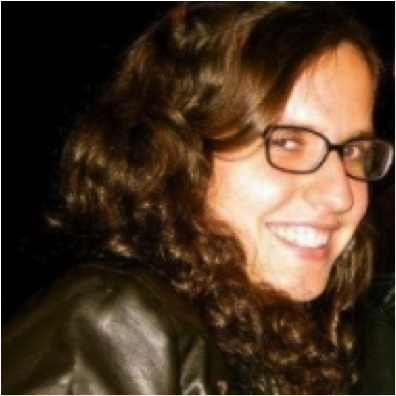
This summer, Anya Groner, with help from a Louisiana Board of Regents ATLAS grant, will be working on writing stories for a book-length collection titled Where Sisters Come From. She'll also be traveling to Denver in July to speak about drinking water at the Museum of Contemporary Art for the Mixed Taste lecture series.
“My book recommendation is Long Division by Kiese Laymon. This Afrofuturist novel is one of my favorite books published in the last few years. It takes place in Jackson, Mississippi, and tells the story of a teenage boy, Citoyen, as he navigates racial politics, romance, and violence in and outside his home.”
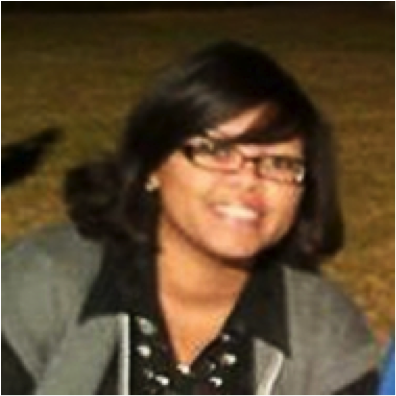
Trimiko Melancon recently published two books: Unbought and Unbossed: Transgressive Black Women, Sexuality, and Representation (Temple, 2014), which examines post-civil rights representations through the trope of sexuality in literature and culture, and Black Female Sexualities (Rutgers, 2015), edited with Joanne M. Braxton with a foreword by Melissa Harris-Perry.
"As we commemorate the 150 year anniversary of the end of the Civil War, I recommend reading Natasha Trethewey's Pulitzer Prize-winning book, Native Guard. Through elegiac verse, Native Guard honors not only the author's mother and her racial as well as southern heritage, but, equally important, the Louisiana Native Guards: one of the first regiments of black soldiers who fought during the Civil War."
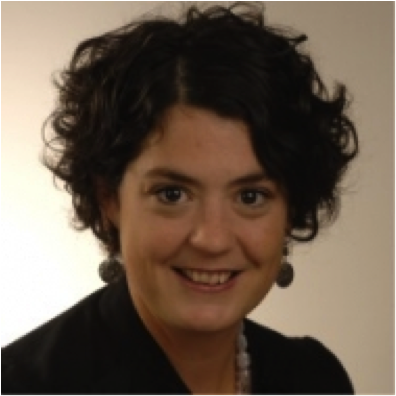
Laura Murphy published two articles this spring: one on the politics of the anti-trafficking movement in The Cambridge Journal of Postcolonial Literary Inquiry and the other on the genre conventions of the new slave narrative in Slavery and Abolition. As part of the Modern Slavery Research Project at Loyola, she also completed a major study of the prevalence of human trafficking among homeless youth in New Orleans.
“The Uruguayan writer Eduardo Galeano passed away this April, but he left behind the memories of continents and centuries in his charming and spare flash fiction. I recommend that you put his Book of Embraces by your bedside or next to your favorite reading chair—someplace where you might savor a few perfect moments to ponder the complexity of a dog's dreams or the simplicity of a torturer's desires.”

Chris Schaberg’s new book, The End of Airports, will be out in November, and his recent essay “Total Satisfaction” was published by 3:AM Magazine.
“Right now I’m reading the philosopher Alphonso Lingis’s Trust, which is a fascinating blend of travel writing and what the late David Foster Wallace might have identified as an experiment in ‘new sincerity.’ It is the kind of book that makes me want to write, and also to observe—and how to balance these impulses becomes a dynamic puzzle.”
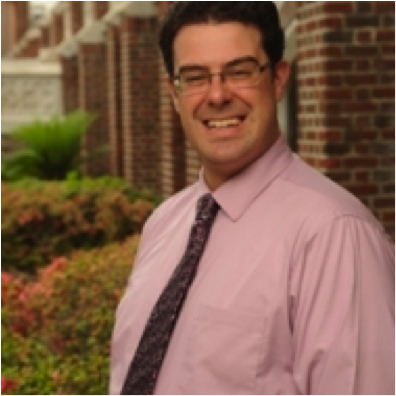
John Sebastian’s current projects include his ongoing translation of the 14th-century English mystic Richard Rolle's Incendium amoris (The Fire of Love) and editions of two morality plays for inclusion in the second edition of his anthology of medieval drama. He’s also finishing an essay on the reception of medieval drama in the 16th century.
“I have been reading a trio of surprising books published within the last year that take their inspiration from the Middle Ages. Academic-turned-novelist Bruce Holsinger stages his medieval political thriller A Burnable Book at the court of Richard II during the time of Chaucer and fellow poet John Gower, who narrates the story. Buccmaster of Holland, the protagonist of Paul Kingsnorth's The Wake, which was long-listed for the Man Booker Prize, retells the events of the Norman Conquest of 1066 from the side of the losers in Kingsnorth's own rendition of Old English. And from the pen of one of Britain's most celebrated living authors, Kazuo Ishiguro (The Remains of the Day), comes The Buried Giant, a meditation on memory set against the backdrop of ancient legends.”

Tracey Watts has a selection of her poems in the upcoming anthology Bared from Les Femmes Folles Books.
“J.M. Coetzee’s Disgrace is beautifully subtle. Though the story is told from the perspective of a largely unlikable character, Coetzee sustains the reader’s interest through compelling, masterful prose and a gripping narrative of the fall of a once-powerful man. Coetzee reminds us in Disgrace that the greatest tragedies of history are worked out in very intimate ways among us.”

Mark Yakich is proofing his book Poetry: A Survivor's Guide, an unconventional guide to reading and writing poems, to be published by Bloomsbury. He is also completing his next poetry collection, Poetry for Planes, for Eyewear, an independent press in London. And along with co-editor Chris Schaberg, he is choosing and editing selections for Airplane Reading, a collection of air travel essays forthcoming from Zero Books. Most recently, Mark was awarded Loyola's Marquette Fellowship for Research and Quiddity magazine's Editor's Prize for Poetry.
“Book recommendation: The Journal by Henry David Thoreau, edited by Damion Searls (NYRB Classics, 2009). Thoreau spent his life surveying Concord, MA, and writing in his journal, which totaled more than two million words by the time he died at age 44. This edition of his journal—often referred to as The Journal—is the best of the abbreviated editions that have been published. At roughly 800 pages, the book offers both poignant details of natural phenomena and Thoreau's perspicacious and wondrous thinking, and it’s in the juxtaposition of these two that this edition truly shines.”
